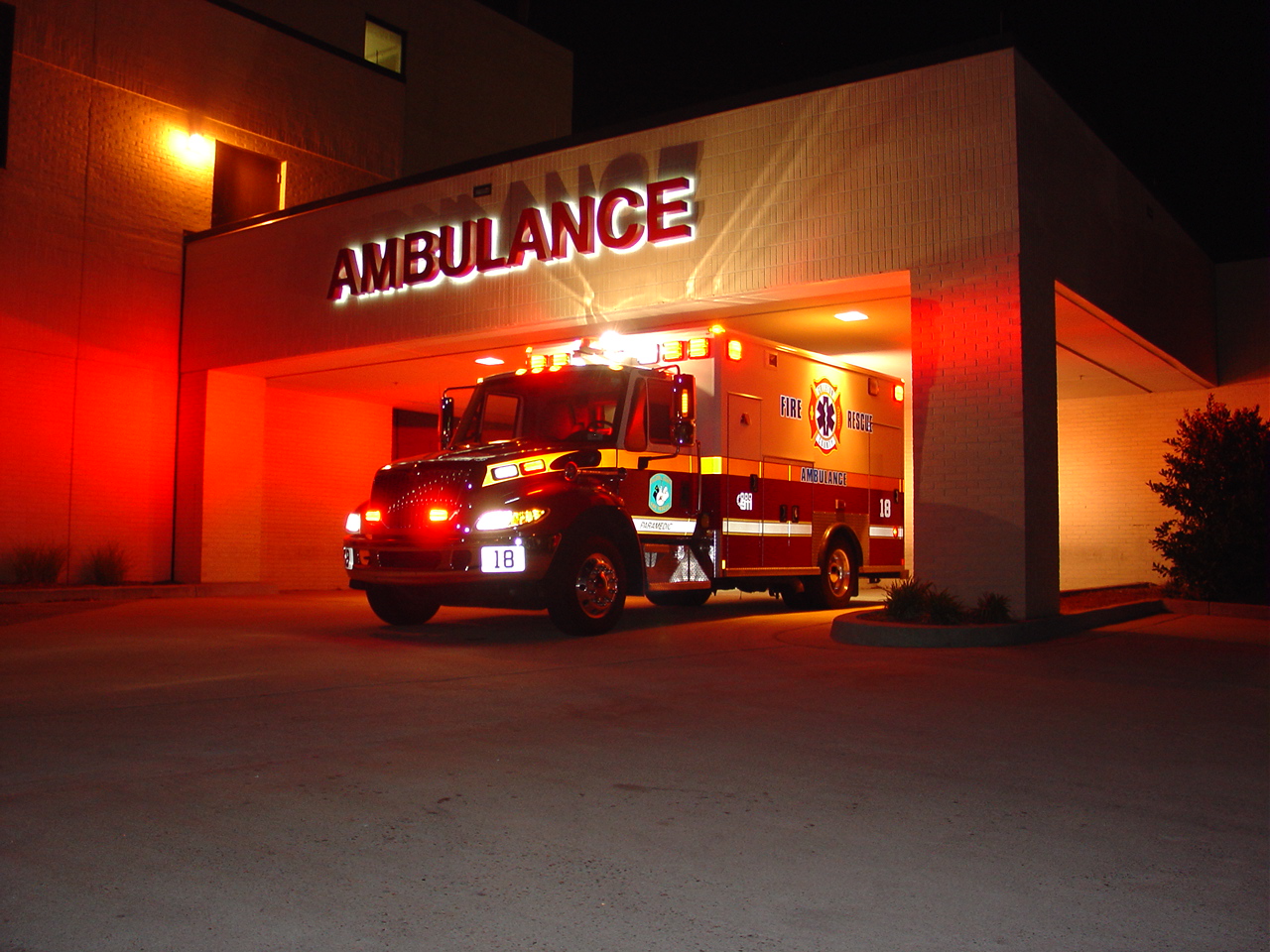"Know thyself" -Plato
Alarms: Is There an Emergency?
Alarms are used to notify firefighters of an emergency situation. Fires, motor vehicle accidents, rescues, and cardiac arrest are just a few of the many types of calls we respond to when we hear the alarm. This sound in the firehouse creates an almost Pavlov type response, letting us know it is time to get to work.
The alarm reminds us that someone needs our help, and also that if an intervention (often a prompt one) is not conducted quickly, it could ultimately affect someone's life. This desire to help others is what sparked the interest of many of us to pursue a career or volunteer opportunity in the fire/ems field.
Emergencies are often the final result of smaller problems that occurred over a long period of time. Often emergency situations can be linked back to smaller complications that were never dealt with. For example, some house fires are caused by damaged electrical wiring or loose fitted wall outlets that have become unsafe over long periods of time. These problems are found behind the walls, not visible from the outside.
The same can be said for the health of today's firefighters. Many times under the surface, we have complications lurking. Such problems such as high cholesterol, obesity, and high stress levels can be go unchecked for years. Over time as they continue to grow, a major emergency may occur in a firefighter's life. But this time, we may be the one needing rescued.
Dispatch: Unknown Problem
Every now and then we get dispatch to an "Unknown problem". It is important for us to be up to date on our health and know the current state of our fitness levels. I will be the first to tell you not to get too hooked on numbers, but certain ones (in my opionion) are essential.
- Pant size Have you notice that every year you have to head back up to quartermaster and trade in your work pants for some that are not quite as tight? Many times, us guys especially, like to carry fat around our bellies. Numerous studies have linked a correlation with increased belly fat and over sized waist to early death. Our stomach size becomes a poor man's barometer for our health.
- Cholesterol Another important number to consider is our cholesterol levels. Even though the body needs some cholesterol for function, too much of this waxy stuff can build up in our arteries and increase chances of a heart attack and/or a stroke. Our biggest opponent in fire service is not fires, it is heart attacks. Let's find out our numbers, and start attacking it with the same aggressiveness we would on a ripping house fire.
- Underlying Illness/Injuries (Yourself/Family) Every patient I pick up on the ambulance, I am always inquiring about any past medical conditions for them or their family. It is important to keep account of certain diseases or injuries that are not only common among us as firefighters (i.e. heart disease, cancers, back injuries), but also those that may be specific to you. Staying ahead of these may help you see any early warning signs that could make a lasting difference.
- Yardstick Circuit (Firefighting Tasks) One of my favorite ways of assessing my program and my health is to utilize job specific task and see if my numbers are improving. For example, you might set up a series of firefighting task at your station as a circuit, and keep track of your time or how you feel afterward. Try it out once every several months and see if you notice any improvement.
Obviously, there are many ways to evaluate your health. Some require high tech testing (Bod Pod, Vo2 max), others just a good look into the mirror. The important thing is find a way that fits for you, and stay ahead of the game. We all know, we are no good to anybody, if we don't first take care of ourselves.
-C.J. Brown



